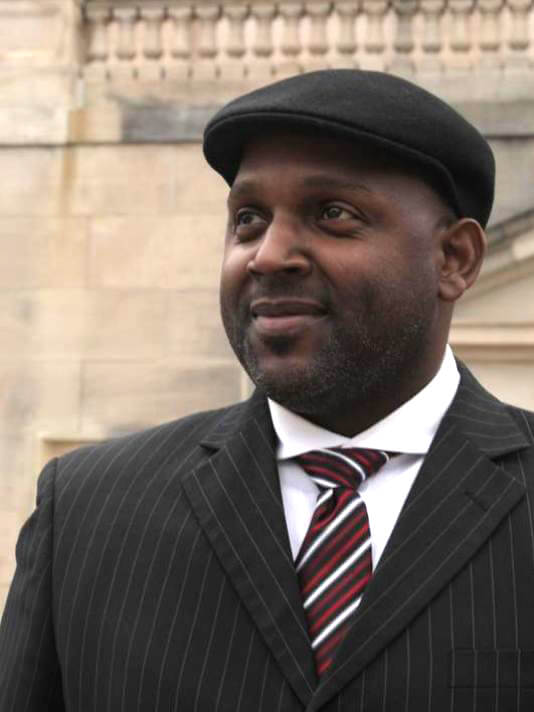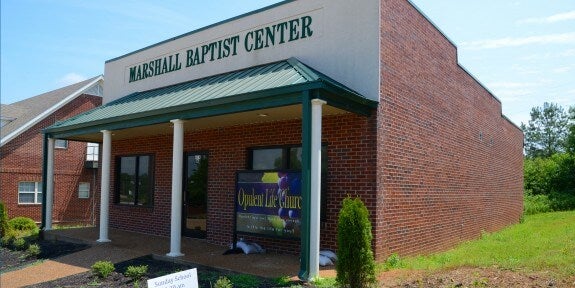In order to accommodate the needs of its growing congregation, Opulent Life Church sought to rent larger space in the downtown area of Holly Springs, Mississippi, and entered into a lease agreement for a building on the town square.
In September 2011, Pastor Telsa DeBerry, the founder of the church, sought a permit to renovate the property. The city stalled approval of the church’s request, however, saying the church had not met the necessary zoning requirements. The city refused to consider the church’s request until it fulfilled the requirements of a special zoning ordinance that applied only to churches.
The ordinance included requirements that churches in the area receive approval from 60 percent of local property owners and final approval from the town’s mayor and Board of Aldermen. Non-religious organizations and businesses were not subject to these requirements.
In October 2011, First Liberty Institute sent a demand letter on behalf of the church notifying the city that its actions violated the U.S. Constitution and RLUIPA. However, the city did not respond to the letter.
In January 2012, First Liberty Institute, along with volunteer attorneys, filed a lawsuit in federal court on behalf of Opulent Life Church and Pastor DeBerry. First Liberty Institute sought a preliminary injunction to prevent the city from enforcing its ordinance and to require the city to allow the church to renovate its leased space, but the district court denied this request.
In March 2012, First Liberty Institute appealed to the U.S. Court of Appeals for the Fifth Circuit. The appeal argued that Holly Springs’ ordinance unfairly singled out churches. First Liberty Institute asked the Fifth Circuit to reverse the lower court’s decision and grant the church a preliminary injunction to allow it to proceed with plans to move into its leased building on the town square. The U.S. Department of Justice filed a brief with the Fifth Circuit in support of the church.
On August 7, 2012, the night before the appellate arguments on August 8, 2012, the city of Holly Springs surprisingly announced it had amended its discriminatory ordinance, conceding that the original ordinance violated federal law. However, the new ordinance was just as discriminatory. It banned churches from operating in the city’s central square.
On Sept. 28, 2012, the Fifth Circuit ruled in favor of Opulent Life Church, reversing the lower court’s ruling and declaring that the city’s original ordinance violated federal law. The court’s decision set important precedent to protect churches from discrimination by the government.
In addition, the Fifth Circuit ruled that the new ordinance was equally troubling. The court wrote in its opinion that the city’s “stated purpose . . . could be read to suggest that the ‘heart of community life’ in Holly Springs is consistent with a variety of nonreligious civic uses, but not religious uses” and that such a purpose is “inherently discriminatory.” The Fifth Circuit returned the case to the district court in order for the lower court to rule on the new ordinance.
On Oct. 18, 2012, U.S. District Court Judge Michael Mills granted a temporary restraining order and preliminary injunction, prohibiting the city of Holly Springs from enforcing its revised zoning ordinance that banned churches from operating in the city’s central square. The ruling allowed Opulent Life Church to proceed with plans to renovate and move into their new facility while the case proceeded in court.
At a pre-trial conference in advance of the trial scheduled for April 8th, 2013, First Liberty Institute was able to reach a settlement with city attorneys, allowing Opulent Life Church to permanently relocate to the downtown area of Holly Springs.
In addition, Pastor DeBerry had the opportunity to speak from his experience of government discrimination to help advance legislation protecting religious freedom. He testified before the Mississippi legislature in support of the Mississippi Religious Freedom Restoration Act. The bill was signed into law in April 2014.
Attacks on the religious liberty of churches and religious organizations are increasing. Often, cities use zoning regulations to prohibit churches from growing, operating, and prospering. First Liberty Institute is committed to defending the religious freedom rights of churches and religious institutions of all faiths so that they can freely exercise their beliefs without anti-religious discrimination and unlawful government interference.
First Liberty Institute is not currently providing additional content for this case. Please see the other tabs in this case for more information.

